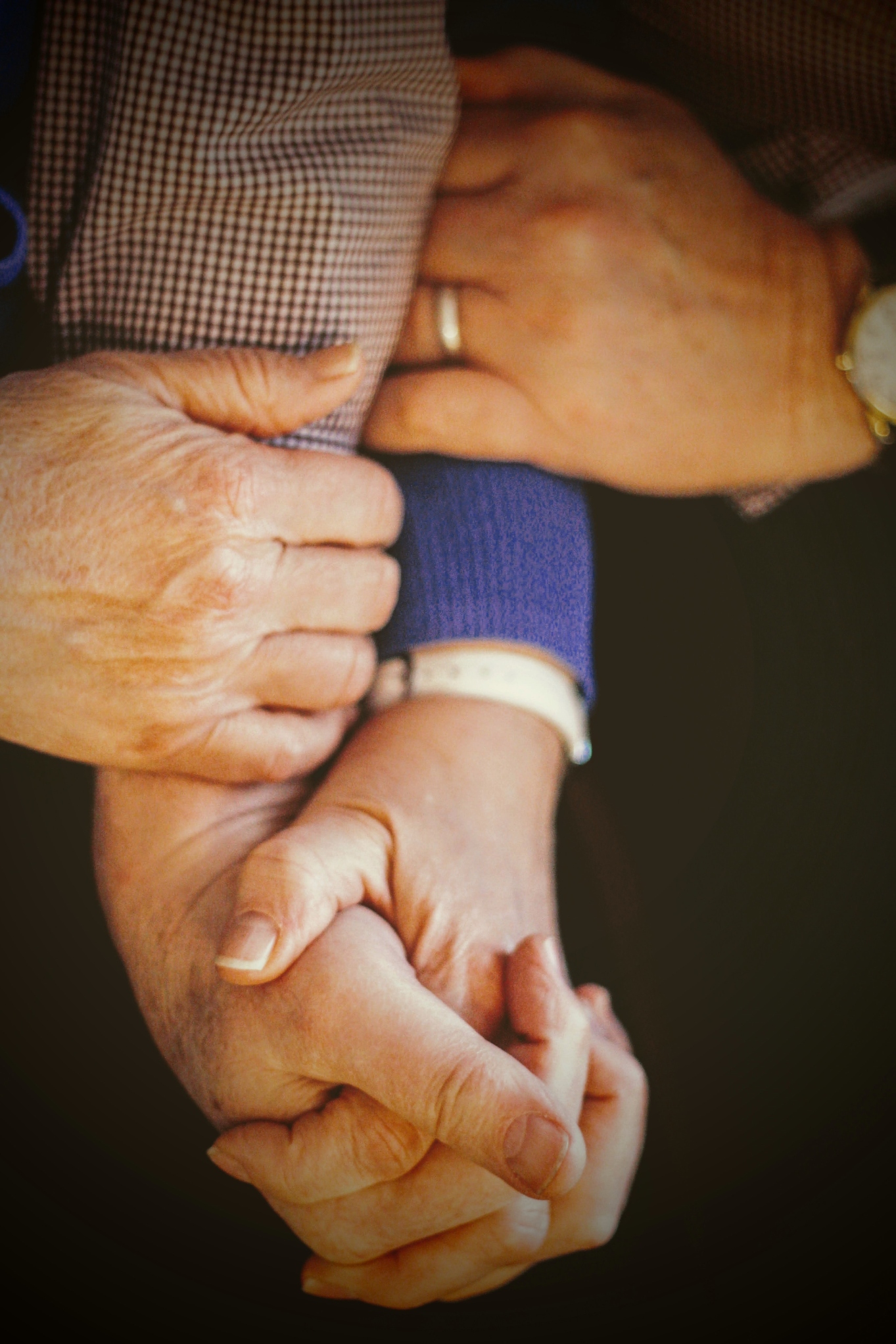February 18, 2022

Being diagnosed with an age-related diagnosis, such as arthritis, diabetes, or even cancer, can be difficult to accept. One of the most important things that someone can do after being diagnosed with a life-changing condition is to learn how to manage the emotional toll that comes with this news and how to find the right support. Below, we outline ways that aging adults can cope with receiving a life-altering diagnosis.
Process Your Emotions and Focus on Your Emotional Health
It’s normal to feel a range of emotions, such as confusion, anger, and despair when receiving news of a life-changing diagnosis. Research shows that patients often undergo many different emotions when they first receive a life-changing diagnosis, including trauma, fear, grief, or even emotional detachment from the situation. Depression and anxiety are also common.
While it may not seem like it, feeling these emotions may indicate that you are allowing yourself to grieve, which is an important part of accepting your diagnosis. If you’re finding it difficult to process and accept your emotions related to the diagnosis, consider seeking help from a mental health professional who can help you identify your feelings and concerns as well as how to cope.
Learn More about Your Condition
The best way for you to manage your illness is to fully understand it and your treatment plan. You may be wondering, “How will this diagnosis affect my life?” or, “What impact could this diagnosis have on my future?” Start by asking your doctor any questions you may have and expressing your concerns. Your doctor and care team can help you understand how your diagnosis and treatment plan may affect your daily life.
Other resources that may help guide you include information from the websites of disease-specific organizations, the National Institutes of Health, and the CDC.
Join a Support Group, Specific to Your Diagnosis
It can feel lonely to receive a life-changing diagnosis, but you’re not alone. Research shows that, before the Covid-19 pandemic, 32 to 42% of people diagnosed with cancer felt lonely, compared to 53% during the pandemic.
An important part of any health journey is meeting people with the same health struggles with whom you can relate. Disease-specific support networks and groups provide a safe space for patients to seek help, share, and commiserate about their diagnosis and symptoms. Someone who has been through the initial stages of a diagnosis is a great resource for advice on how to manage the early stages of diagnosis.
Consider Enlisting Help at Home with Managing Your Treatment
In some cases, patients may need or prefer help managing their new diagnosis. At-home nursing services are a great way to get the help you need, even if it’s only for a few hours a day.
At JSP Home Care Services, we understand that a late-diagnosis life-changing condition can be challenging. That’s why we provide compassionate home health aide services to aging adults in New York City. To schedule a consultation with JSP Home Care Services, contact us online or call 866.860.2528.
Sources: